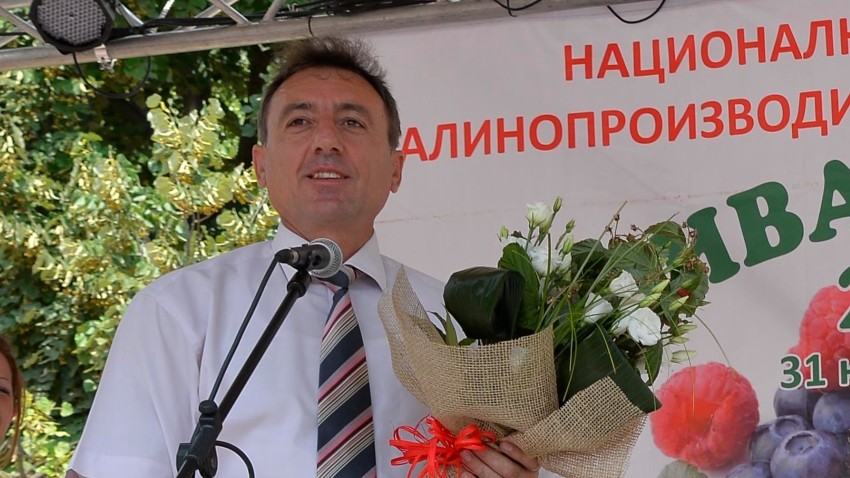Bulgaria is unable to meet its domestic fruit and vegetable needs. This means that production is not growing at the rates the domestic market is. The main reasons are the low productivity of farms and the imports at suspiciously low prices, indicates an analysis by a consultancy company, based on official data by the Ministry of Agriculture, the National Statistical Institute, Eurostat, the UN Food and Agriculture Organization etc.
The analysis pointed out further that the only fruit grown in sufficient quantities to meet the needs of the domestic market are cherries, plums and raspberries.
“In our sector the drought has done a lot of damage, between 30% and 50% for the different parts of the country,” Bozhidar Petkov, chair of the Bulgarian Raspberry Association said for the BNR. He says that these alarming data are due to two factors:

“One is connected with the low rainfall in the spring of 2020. The other – with the fact that water and sewerage utilities companies hook up to many of the dams which are intended for irrigation. By law, drinking water and water for household use has precedence. This is the provision the water utilities companies took advantage of and, under the pretext of possible water shortages, created mass psychosis. That is the reason why the Ministry of Environment and Water has drastically cut down on the water supply, via the specialized company Irrigation Systems, to the irrigation sites.”
Due to the restrictions on irrigation water, in 2020 farmers used a mere 7 million cubic metres of water. By way of comparison, in 2019 this figure reached 17 million. When water and sewerage companies connect to the Irrigation Systems’ infrastructure, this blocks huge amounts of water for irrigation, farmers say. And propose to the competent ministries that, during the winter season and the start of the new season, all water and sewerage companies continue to draw water from the irrigation dams, but separate their water abstraction from the water supply of Irrigation Systems.
One of the long-standing problems that has plagued irrigation for decades are the huge water losses because of Irrigation Systems’ old and dilapidated water supply network. There are no data from this year as yet but last year’s speak for themselves:
“Out of the 17 million cubic metres for irrigation from Ticha dam, allocated by the Ministry of Environment and Water, less than 2 million actually reached farmers,” Bozhidar Petkov says. “It is absolutely not normal, but it is a fact that water losses amount to over 90% of the water. From year to year the water resources have been dwindling and growing more and more expensive. If we continue to waste them at this rate, irrigation farming is doomed.”
The lack of a sufficient water resource is also affecting grain producers who reported record low yields, even in fertile regions where, last year, yields reached 60-80 kilograms, and only 20 kilograms per hectare this year.
“Without irrigated agriculture the sector is collapsing and cannot produce anything,” Bozhidar Petkov says in conclusion.
Interview by Veselina Milanova, Horizont channel
Edited by Yoan Kolev
Employers are contesting the rise of the minimum wage. The Bulgarian Industrial Capital Association announced that they filed a complaint in the Supreme Administrative Court. About 430,000 people in the country work for minimum wage...
If the political crisis continues, the lost benefits will reach a threshold after which the Bulgarian business will begin to lose competitiveness due to growing deficits in education, healthcare, infrastructure, regional development and demographics...
We are moving towards the option of not having a quickly adopted budget for 2025, Lachezar Bogdanov, chief economist from the Institute for Market Economics, told BNR. In presenting the institute's alternative state budget, the..
Bulgargaz has reported record interest in its tender for the supply of LNG to the Alexandroupolis terminal for January and February 2025. All..

+359 2 9336 661
